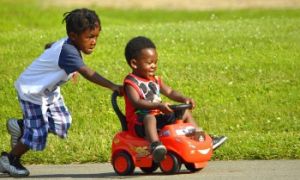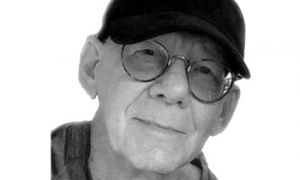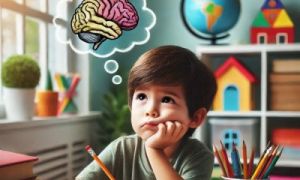A baby’s cognitive development at this stage is very rapid and many changes take place over this time. They’re learning new things each day and spend their time observing others to learn how to act. Babies become more curious as they begin to discover their surroundings and begin to engage in a wide variety of experiences.
Cognitive Development Milestones
From 12 to 18 months
Babies begin to develop an ability to remember experiences that occurred a few hours or days earlier. By repeating an experience they did previously such as stacking blocks shows that a baby is recalling on a past experience.
Milestones Achieved
- starts to find hidden objects within the room
- selects games and begins to put them away
- stacks and knocks over items
- recognises self in photo or mirror
- repeats actions that lead to interesting results
- spends a lot of time exploring and manipulating objects, putting in their mouth, shaking and banging them
From 18 to 24 months
Babies understanding have increased, during this period, as they begin to identify common objects and become more creative in exploring the world. Babies also start to think and reason in complex ways and pretend play emerges.
Milestones Achieved
- sorts according to shapes and colours
- engages in make-believe play
- mimics household activities, e.g. bathing baby, sweeping floor
- calls self by name, uses ‘I’, ‘mine’, ‘I do it myself’
- points to objects when named
- knows some body parts
- points to body parts in a game
Babies develop a greater understanding of the outside world. They have the ability to see themselves as one and develop a sense of self. Babies become more involved in play as they have more control over their responses to sights and sounds.


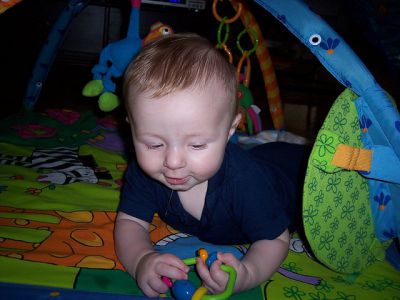
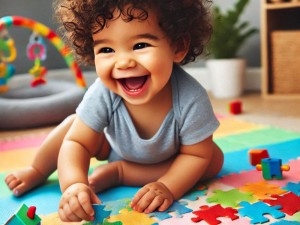
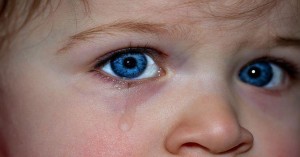
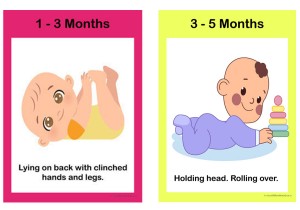
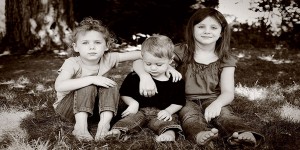
 Toddlers have a greater understanding of the world around them by this stage. Their cognitive development (also known as intellectual development and thinking skills) continues
Toddlers have a greater understanding of the world around them by this stage. Their cognitive development (also known as intellectual development and thinking skills) continues Infants begin to develop trust when parents begin to fulfil their needs. Such as changing an infant's nappy when needed, feeding on request and holding
Infants begin to develop trust when parents begin to fulfil their needs. Such as changing an infant's nappy when needed, feeding on request and holding Beginning at birth the construction of thought processes, such as memory, problem solving, exploration of objects etc, is an important part of an infant’s cognitive
Beginning at birth the construction of thought processes, such as memory, problem solving, exploration of objects etc, is an important part of an infant’s cognitive Toddlers want to do more on their own and do not like it when you begin to establish limits on their behaviour. Tantrums can become
Toddlers want to do more on their own and do not like it when you begin to establish limits on their behaviour. Tantrums can become Your preschooler is now able to focus their attention more accurately and is less influenced by distractions. The intensity of questions increase as your child
Your preschooler is now able to focus their attention more accurately and is less influenced by distractions. The intensity of questions increase as your child John Dewey is often seen as the proponent of learning by doing – rather than learning by passively receiving. He believed that each child was active,
John Dewey is often seen as the proponent of learning by doing – rather than learning by passively receiving. He believed that each child was active, Toddler advance and gains new skills in Gross Motor Development milestones achieved throughout earlier years. Co-ordination and challenges that could not be performed before such
Toddler advance and gains new skills in Gross Motor Development milestones achieved throughout earlier years. Co-ordination and challenges that could not be performed before such Erik Erikson developed a psychosocial theory to understand how we each develop our identities through eight stages of psychosocial development from infancy to adulthood. The
Erik Erikson developed a psychosocial theory to understand how we each develop our identities through eight stages of psychosocial development from infancy to adulthood. The At this point preschoolers begin to interact effectively with others. Play becomes more innovative and organized and “boyfriend” or “girlfriend” begins to emerge. Preschoolers have
At this point preschoolers begin to interact effectively with others. Play becomes more innovative and organized and “boyfriend” or “girlfriend” begins to emerge. Preschoolers have From now, babies begin to identify and respond to their own feelings, understanding other's feelings & needs and interact positively with others. A baby's social and
From now, babies begin to identify and respond to their own feelings, understanding other's feelings & needs and interact positively with others. A baby's social and